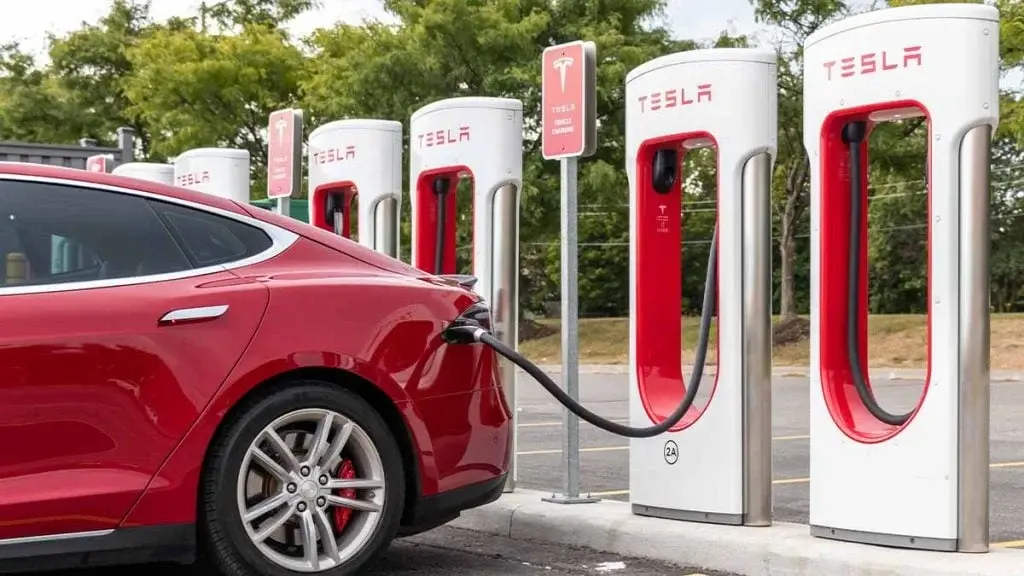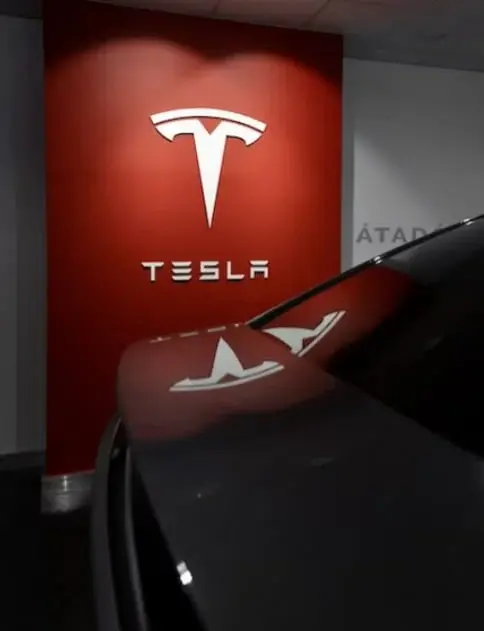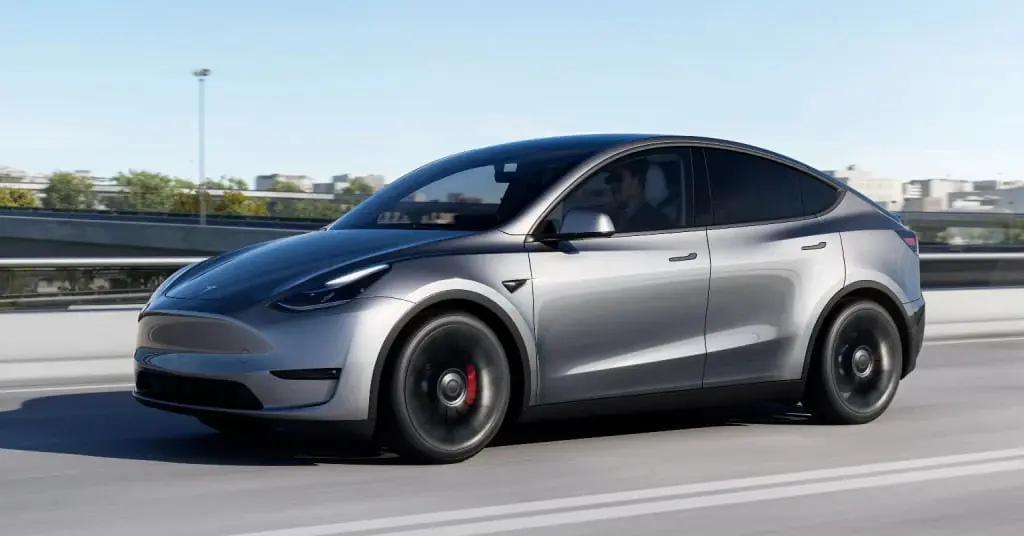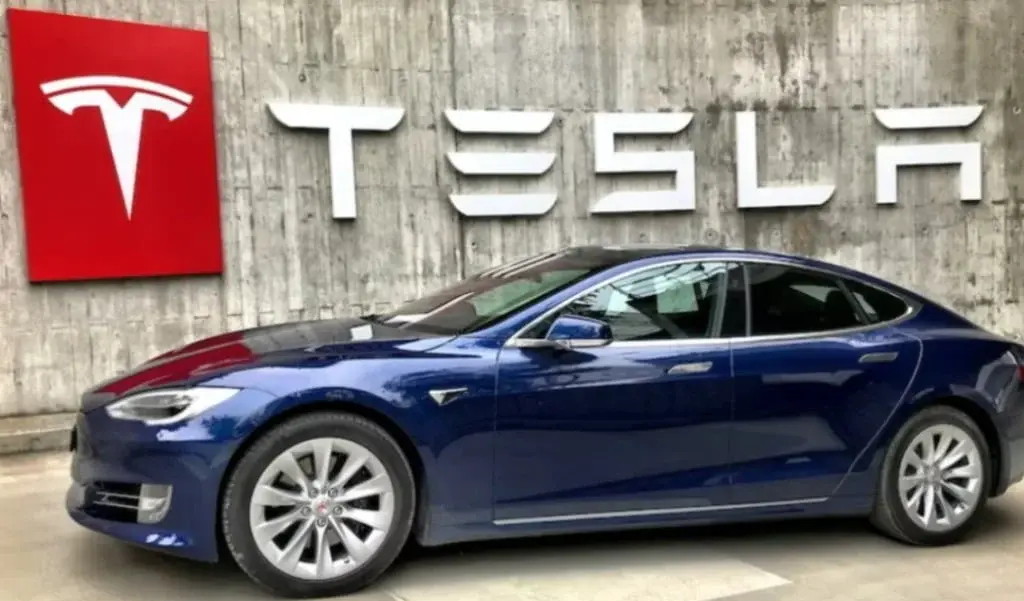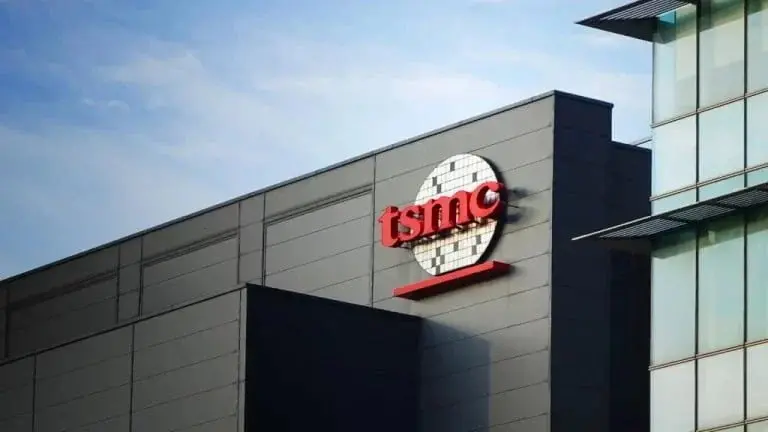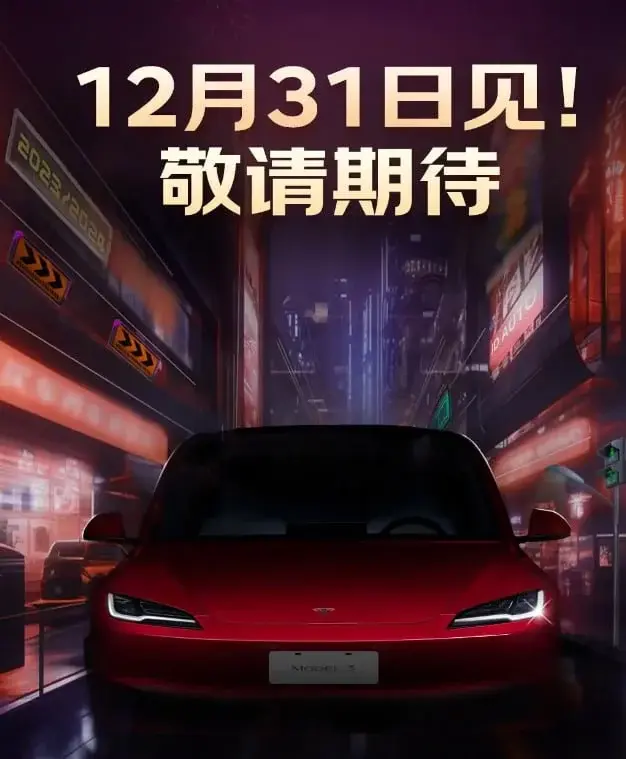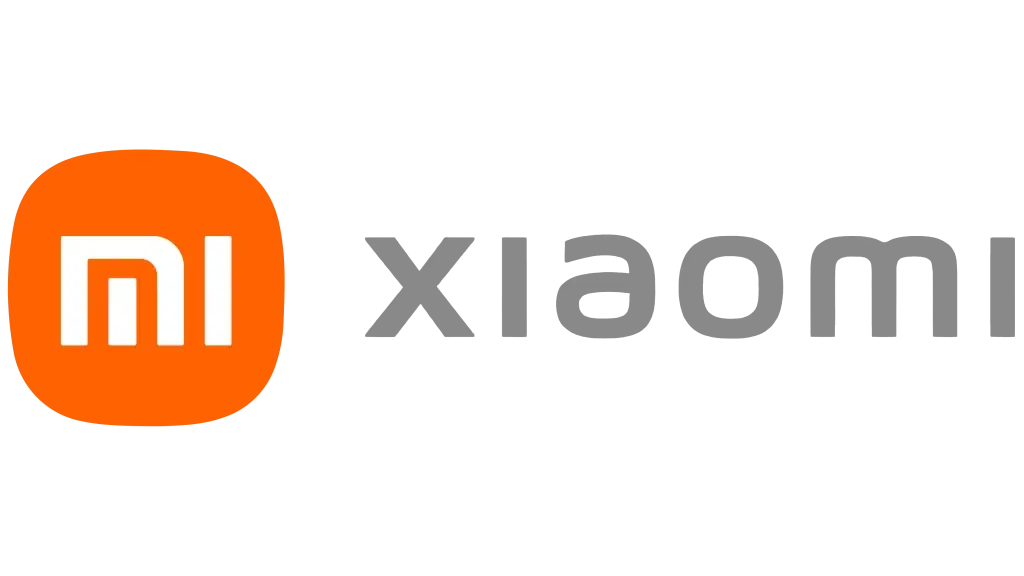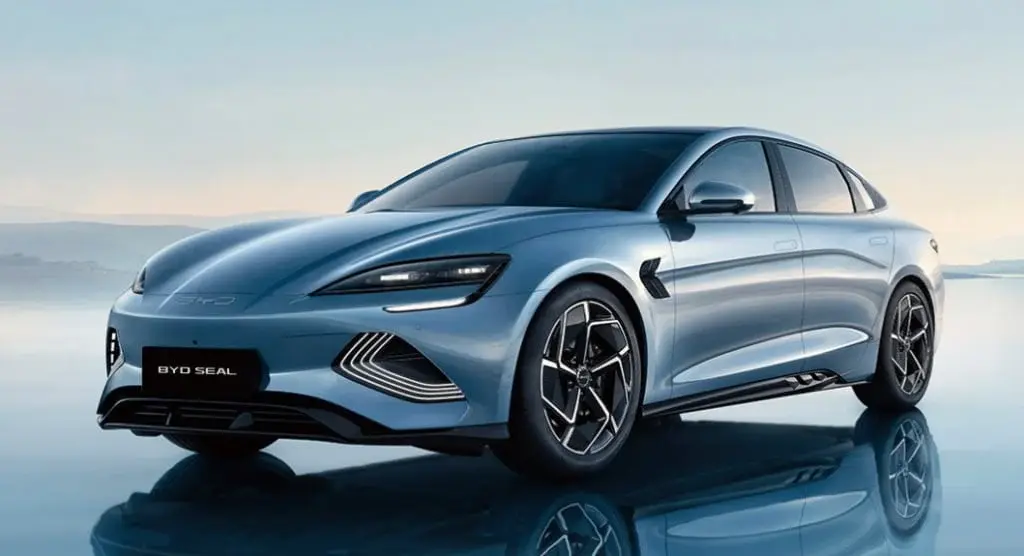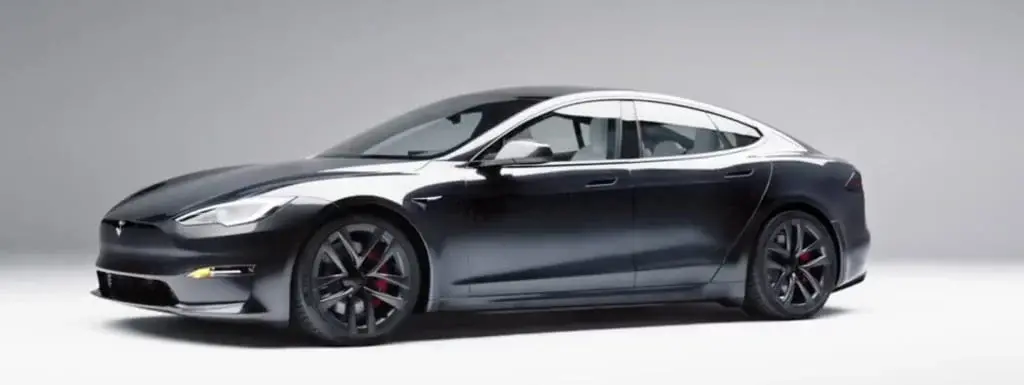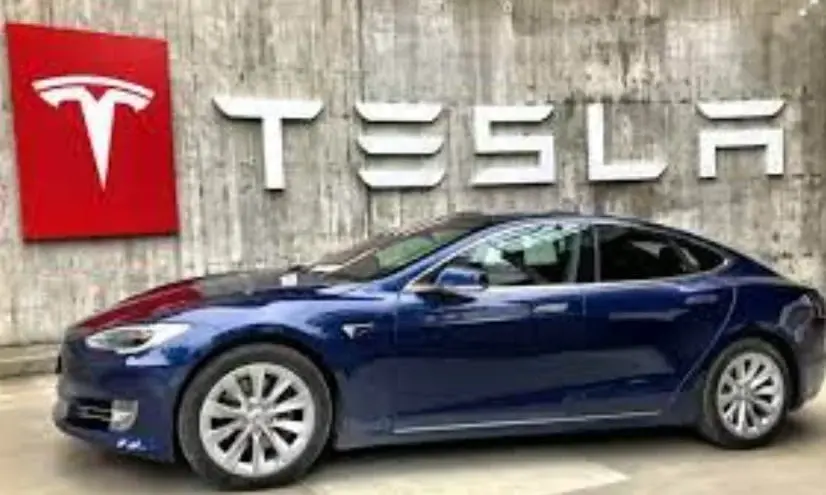Tesla has announced that it will be upgrading its Model Y lineup in China with the cutting-edge Hardware 4.0 (HW 4.0) self-driving computer. Despite the significant enhancements, Tesla has decided to keep the pricing for the Model Y the same, showcasing its dedication to providing advanced technology without increasing costs for consumers.
HW 4.0 Upgrade Enhances Autonomous Capabilities
The HW 4.0 upgrade brings substantial improvements to the Model Y’s autonomous capabilities. With a maximum detection range of 424 meters, the vehicle gains the ability to see farther distances. The upgraded self-driving computer also boasts a remarkable five-fold increase in chip computing power, resulting in enhanced responsiveness and faster processing speeds.
Unchanged Pricing for Model Y Lineup
China’s Model Y lineup consists of three versions: the base rear-wheel-drive model, the dual-motor all-wheel-drive Model Y Long Range, and the dual-motor all-wheel-drive Model Y Performance. Despite the hardware upgrade, Tesla has decided not to alter the pricing for these variants.
Tesla China announced the HW 4.0 upgrade on its Weibo account, highlighting the improved visibility, clarity in perception, and faster processing speed offered by the advanced autonomous driving hardware.
New Color Option and Previous Implementations
Alongside the hardware upgrade, Tesla has also introduced a new color option for the upgraded Model Y in China – “Quicksilver.” This color was previously exclusive to Giga Berlin vehicles but is now available in China due to advanced paint shop technology.
It is worth noting that Tesla had quietly implemented Hardware 4.0 in Model S and Model X vehicles in the United States last year. Customers reported enhanced processing power and improved Tesla Vision technology.
Future Developments and Pricing Adjustments
During the Q4 and Full Year 2023 earnings call, Tesla CEO Elon Musk hinted at ongoing developments with Hardware 5. He described it as the third version of the Tesla-designed AI inference chip and mentioned that Hardware 5 is currently in the design completion phase.
In terms of pricing, Tesla has recently reduced the starting prices of the Model Y entry edition and Model Y Long Range in China. The automaker is also offering cash discounts on select Model Y stock vehicles, providing customers with additional savings. Additionally, Tesla customers in China can enjoy a significant discount on paid paint for both Model 3 and Model Y vehicles.
Tesla’s Autopilot Evolution
Tesla’s Autopilot journey began in October 2014 when the company introduced pre-purchasable Autopilot, initially relying on hardware version 1 (HW1) developed with Mobileye. However, the partnership with Mobileye ended in July 2016 due to safety concerns, prompting Tesla to transition to independent hardware development. From September 2014 onwards, cars were equipped with HW1, marking the start of Tesla’s Autopilot journey.
In October 2016, Tesla shifted to hardware version 2 (HW2) for new vehicles, collectively known as Autopilot 2.0. Despite the label, HW2 initially had fewer features than its predecessor. The term “Enhanced Autopilot (EA)” was introduced, featuring the notable “Navigate on Autopilot” capability, allowing automated highway driving.
In early 2016, Tesla began developing the Full Self-Driving (FSD) Computer, or Hardware 3 (HW3), which replaced the NVIDIA DRIVE PX 2 AI computing platform, significantly enhancing processing power.
The latest Hardware 4 (HW4) not only upgrades the FSD Computer but also introduces a comprehensive sensor suite with enhanced cameras and radar. HW4 features a faster FSD Computer based on the Samsung Exynos architecture, additional high-resolution cameras, and a new radar named “Phoenix” for improved accuracy, setting the stage for a transformative advancement in Tesla’s autonomous driving technology.
With these continuous advancements and pricing adjustments, Tesla’s Shanghai factory, which produces both the Model 3 and Model Y, remains at the forefront of electric vehicle manufacturing, solidifying its position as the largest Tesla factory globally.

